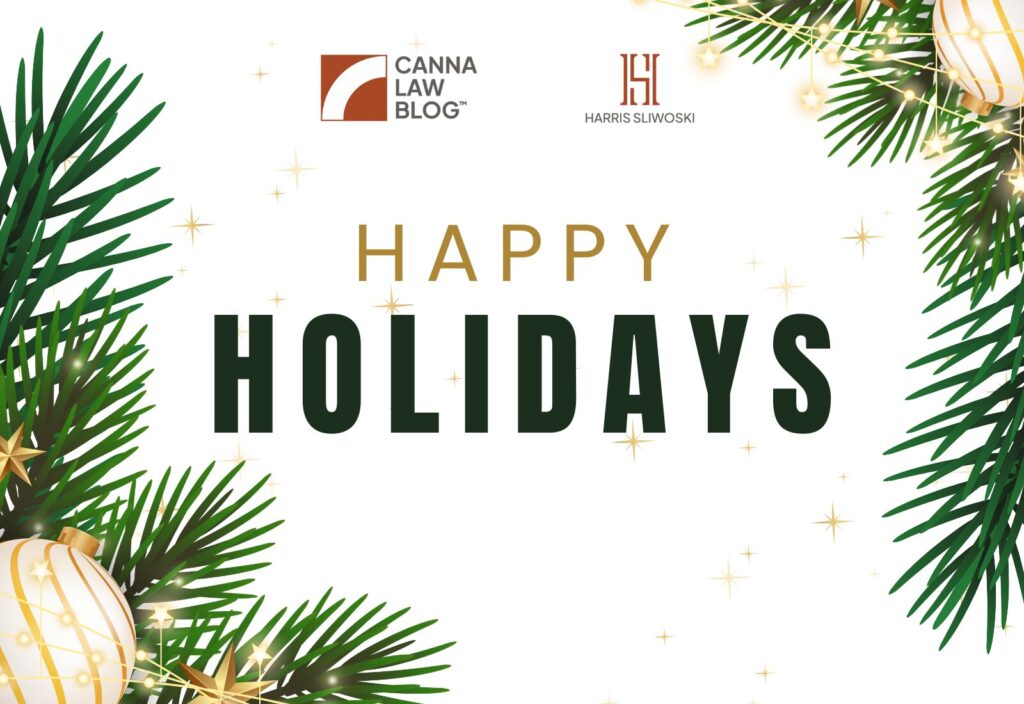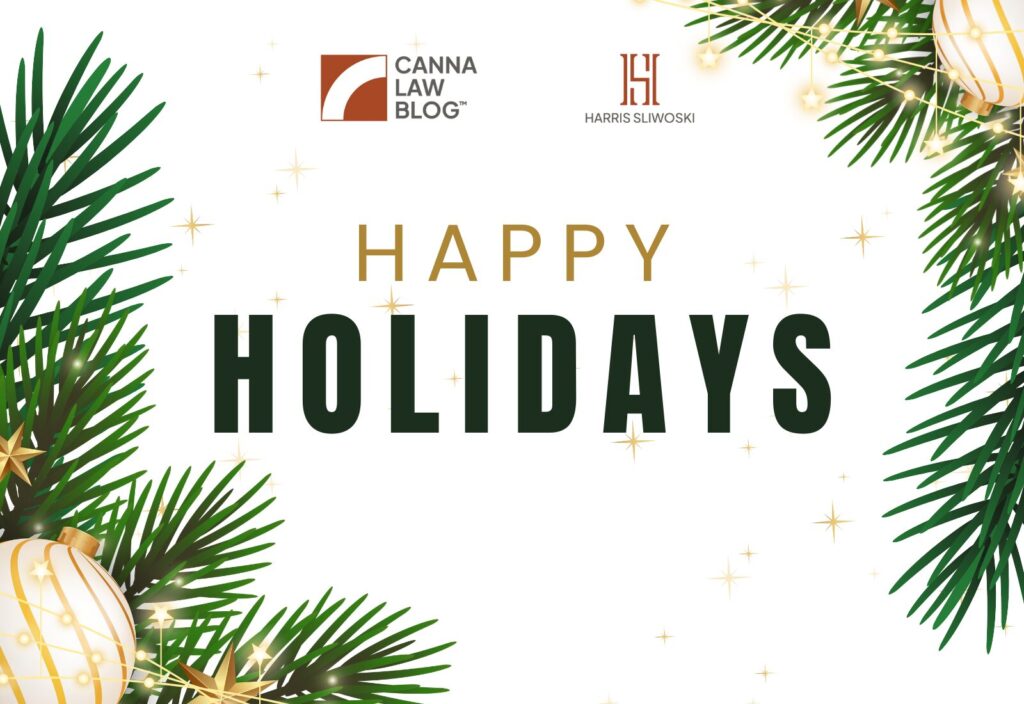
New York’s Office of Cannabis Management (OCM) and Cannabis Control Board (CCB) made a significant announcement during the CCB’s board meeting on March 2, 2023: the Conditional Adult-Use Retail Dispensary License (CAURD) program is expanding the number of CAURD licenses to 300, doubling the previous allotment of 150 CAURD licenses.
As a brief refresher, this is a conditional license that is limited to individuals who have suffered from New York’s needless and damaging war on cannabis: licenses are limited to applicants with a marijuana-related offense conviction that occurred prior to the Marijuana Regulation and Taxation Act (MRTA) being passed on March 31, 2021, or a parent, legal guardian, child, spouse or dependent with a pre-MRTA marijuana-related offense conviction in the State of New York. The CAURD application window actually closed on September 26, 2022, with the OCM having received over 900 applications.
As to why the OCM and CCB are now expanding the CAURD program, here’s what Chief Equity Officer Damian Fagon had to say about the reasoning: “More stores means more locations for New York farmers to sell their harvests, more convenience for consumers to make the right decisions and purchase safer product, and twice as many opportunities for
Read full article on HarrisBricken




































